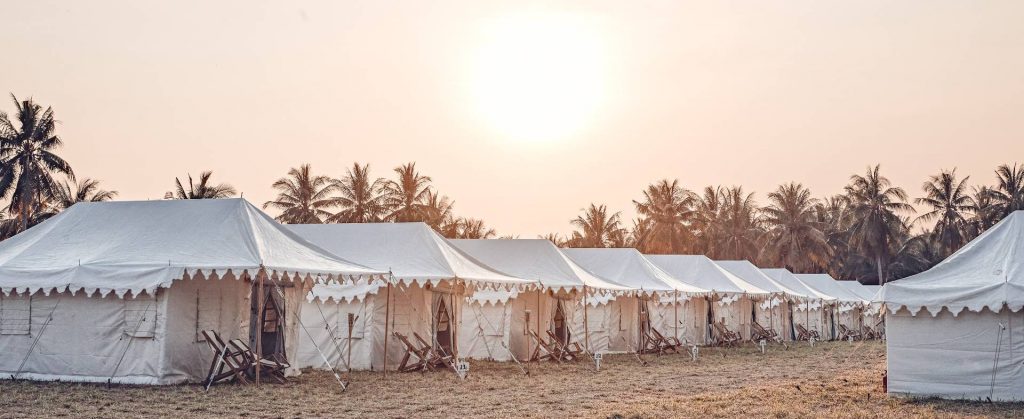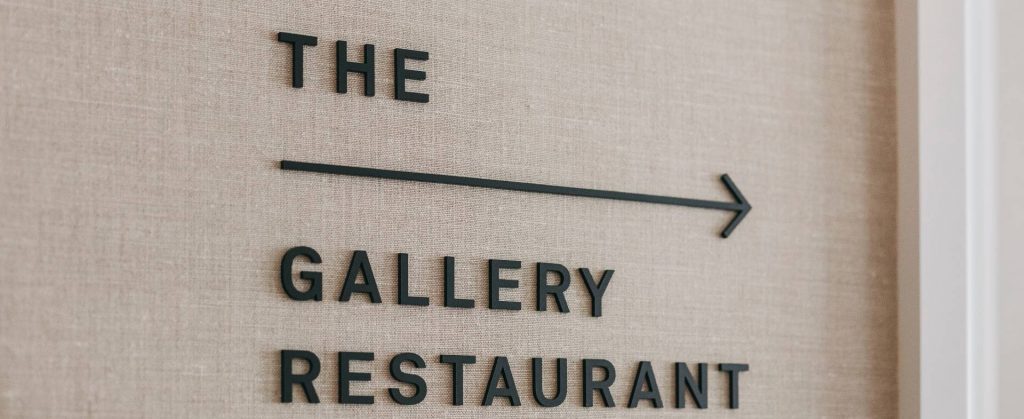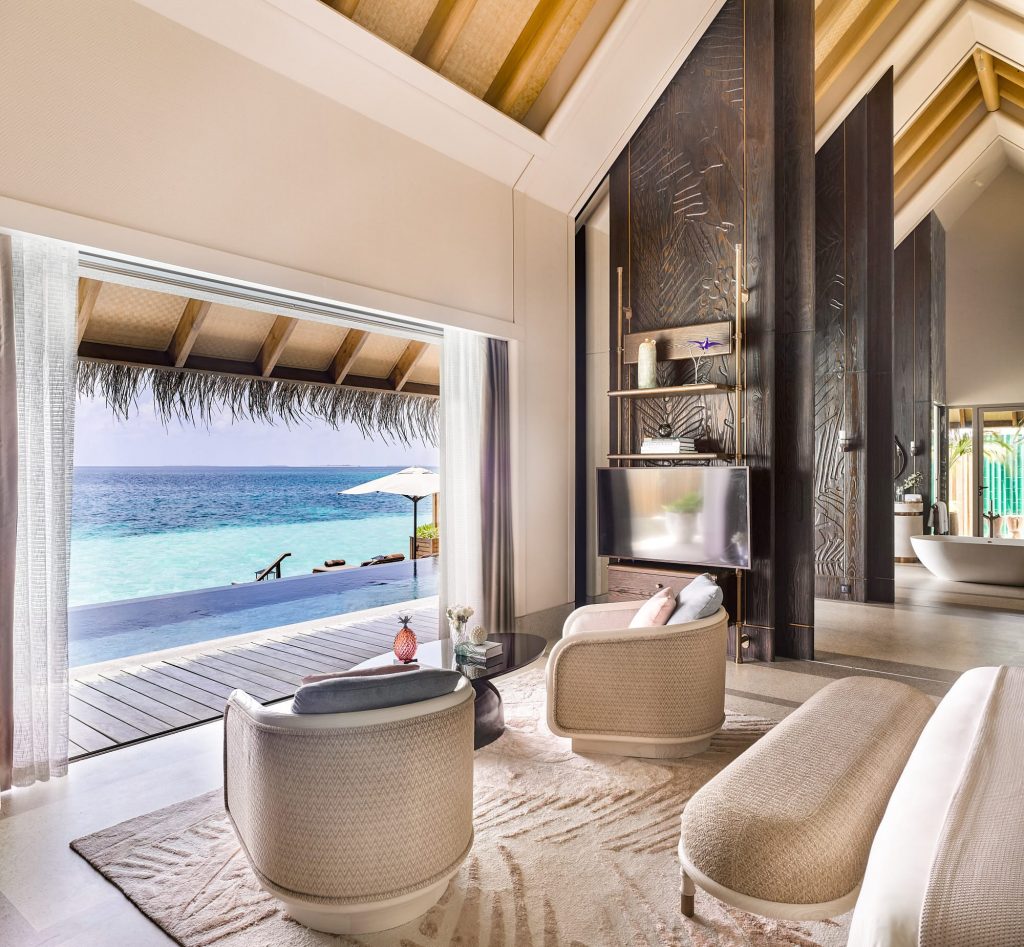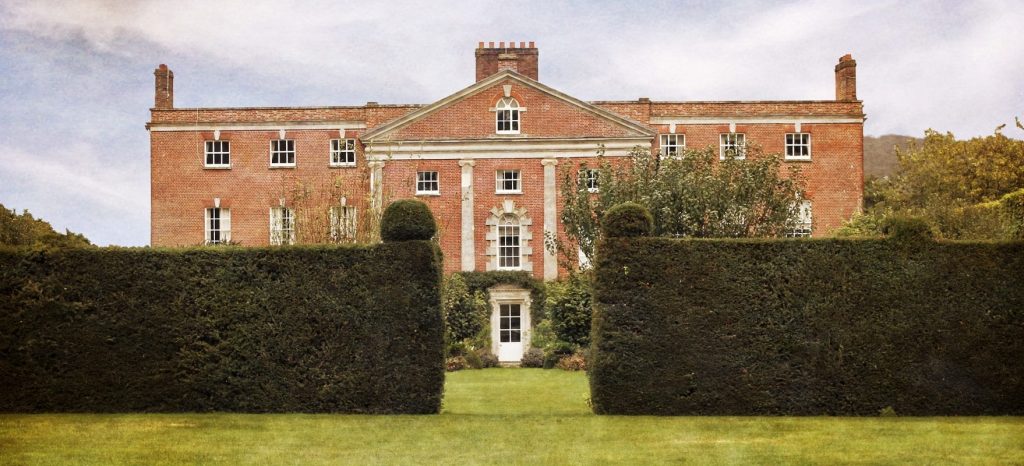As part of our Maldives Edition, The Sybarite was pleased to interview Banyan Tree’s Owner Renyung Ho on the importance of sustainability within the resort sector as well as what her favourite resorts are and why.
We’re living in a world where every industry has a part to play and a responsibility to uphold when it comes to preserving our environment as well as our social impact, the hotel industry being one of the largest players on this subject matter. Banyan Tree is known to spearhead the sustainability movement and support humanitarian initiatives quite strongly. Could you tell us a bit more about how Banyan Tree embodies these values, the steps taken to achieve this and what the future holds for Banyan Tree and even for yourself. What would you like to see happen in the next few years?
Banyan Tree’s story is one of transformation, an idea that defines not only the journey of Banyan Tree as a company from our beginnings 26 years ago, but also our own values and beliefs. To put it simply, we believe that travel can be transformative – for the environment, and for people. This is reflected in our corporate ethos of “Embracing the Environment, Empowering People”. We apply this in the way we blend nature into the design of our properties, and how our experiences and programmes enable guests to connect with themselves, their loved ones, and the wider community. Besides environmental impact, we also design, build and hire with consideration of our impact on local communities.
In the wake of COVID-19, our commitment to sustainability remains strong as ever. What has changed is that we are now weaving sustainability into the notion of wellbeing. Last June, we rolled out the SafeSanctuary programme to support the health and wellbeing of employees and guests during the global pandemic. We continue to champion sustainably sourced food and responsible procurement with the goal of improving guests’ wellbeing and maintaining a sustainable supply chain. Looking inward, we also introduced a slew of initiatives to strengthen the mental wellbeing of employees, including a complimentary tele-therapy service with externally certified wellbeing practitioners; a signature service culture programme “I Am With You” with emphasis on resilience and self-care; and an organisational wellbeing index with a set of 64 questions on employees’ lifestyle practices, based on our Group’s eight pillars of wellbeing.
No individual, business or nation remains unscathed by the impact of the pandemic. The interconnectedness of society means we not only share the consequences of the global pandemic, but we also collectively can engineer a positive future through impactful partnership. And while Banyan Tree continues to grow and spread our roots, we hope to inspire like-minded individuals and businesses to build back better, together. To this end, we introduced our Greater Good Grants scheme in 2020, to provide funding for community and environment projects that contribute to the United Nations Sustainable Development Goals. The pandemic is an opportunity as much as a crisis, and has the potential to bring out the best in people.
Out of all the Banyan Tree Resorts which is your most favourite and why? Would you also mind telling us whether you have another favourite hotel that isn’t a part of your portfolio?
My favourite property is the next one that will open! We have eight properties opening this year, and I am personally very excited to see our first flags in the Middle East (Banyan Tree Doha At La Cigale Mushaireb in Qatar), Europe (Angsana Corfu in Greece) and Africa (Banyan Tree Ilha Caldeira in Mozambique). Plus, we are debuting our first Banyan Tree Escape in the heart of Ubud, Bali, featuring its signature “no walls, no doors” experience concept.
But really, if I had to choose a favourite property it would be Banyan Tree Vabbinfaru in the Maldives. As a teenager, I had spent some time working at the marine lab of Banyan Tree Vabbinfaru, which was my first official posting with the Group. I was captivated by the lab’s conservation work surrounding beautiful coral reefs, the ocean and its ecosystems. During my time there, I had an unforgettable encounter with a family of dolphins while free diving that helped me understand that, while I had always had a love for nature, I hadn’t actually made any real moves in advocating for sustainability. That pivotal moment started me on a journey of understanding the complexity of what it takes to make a real impact.







